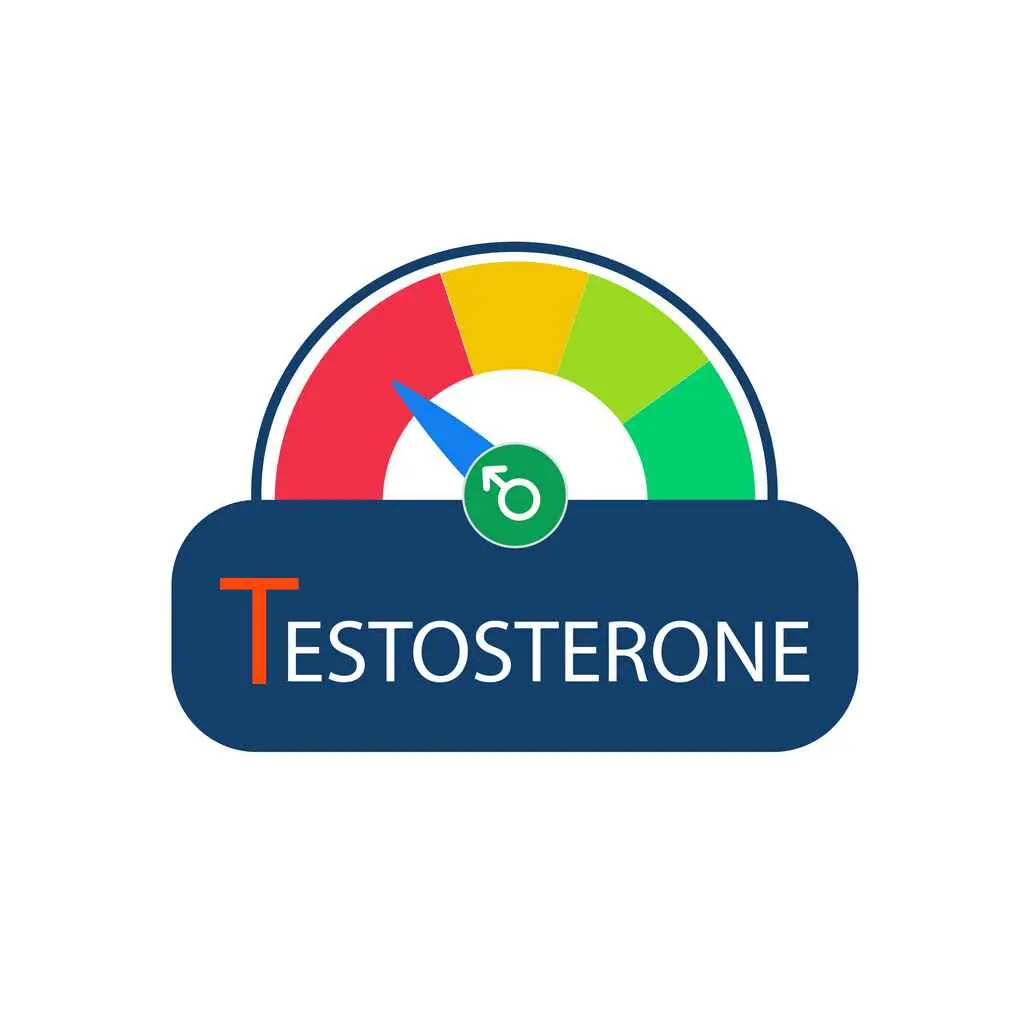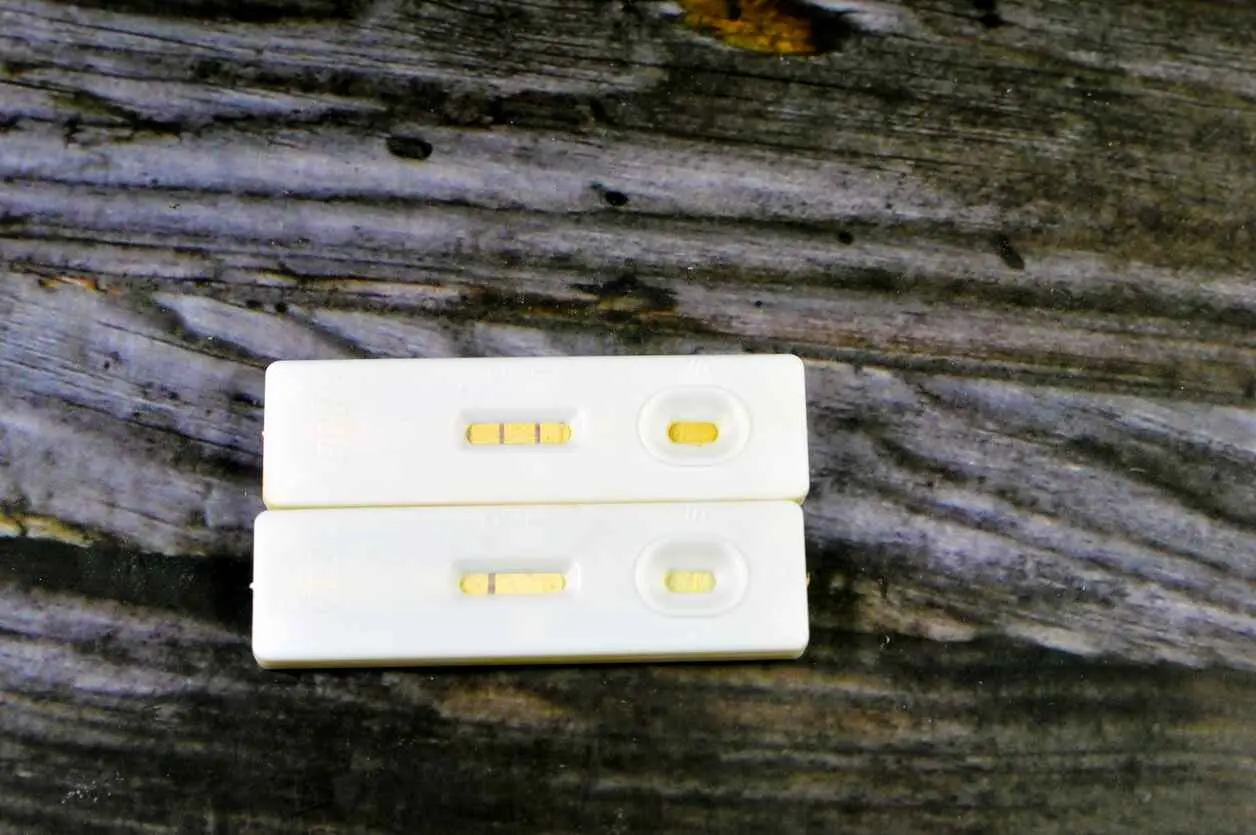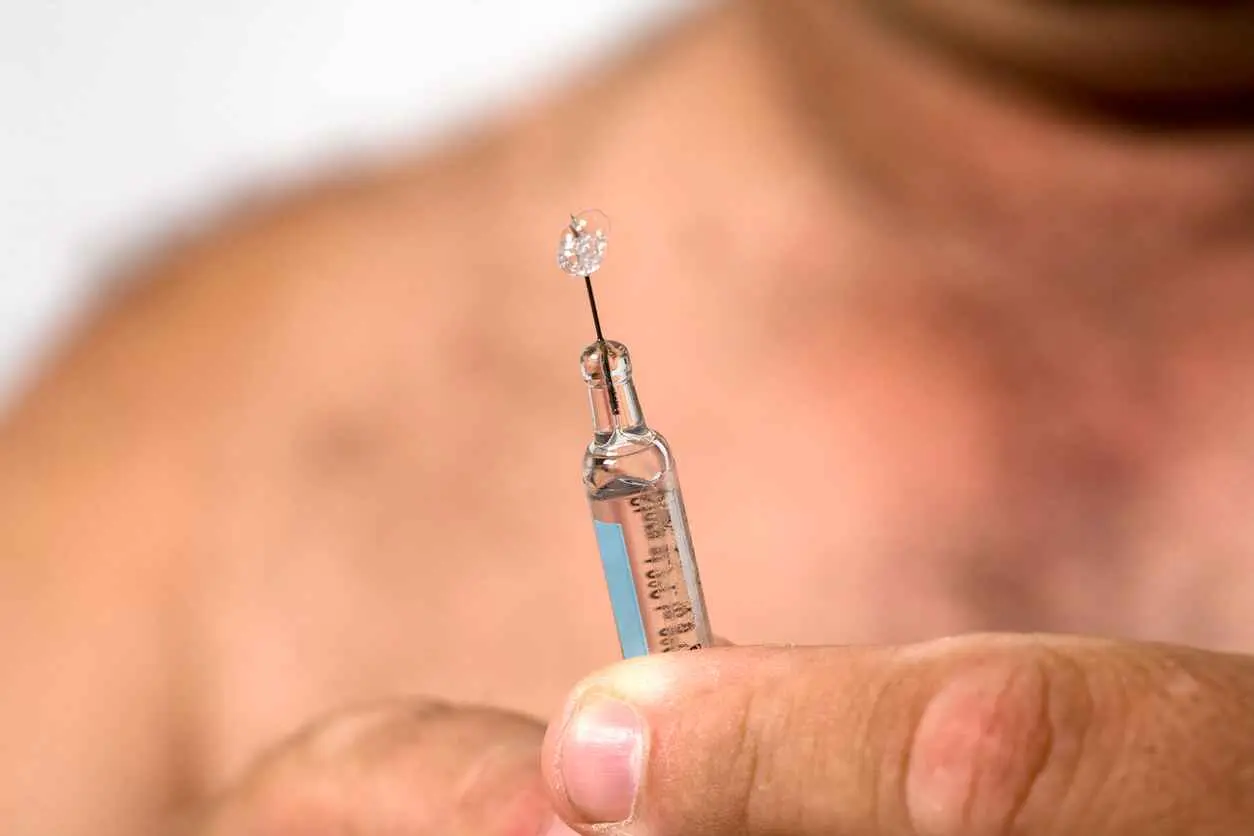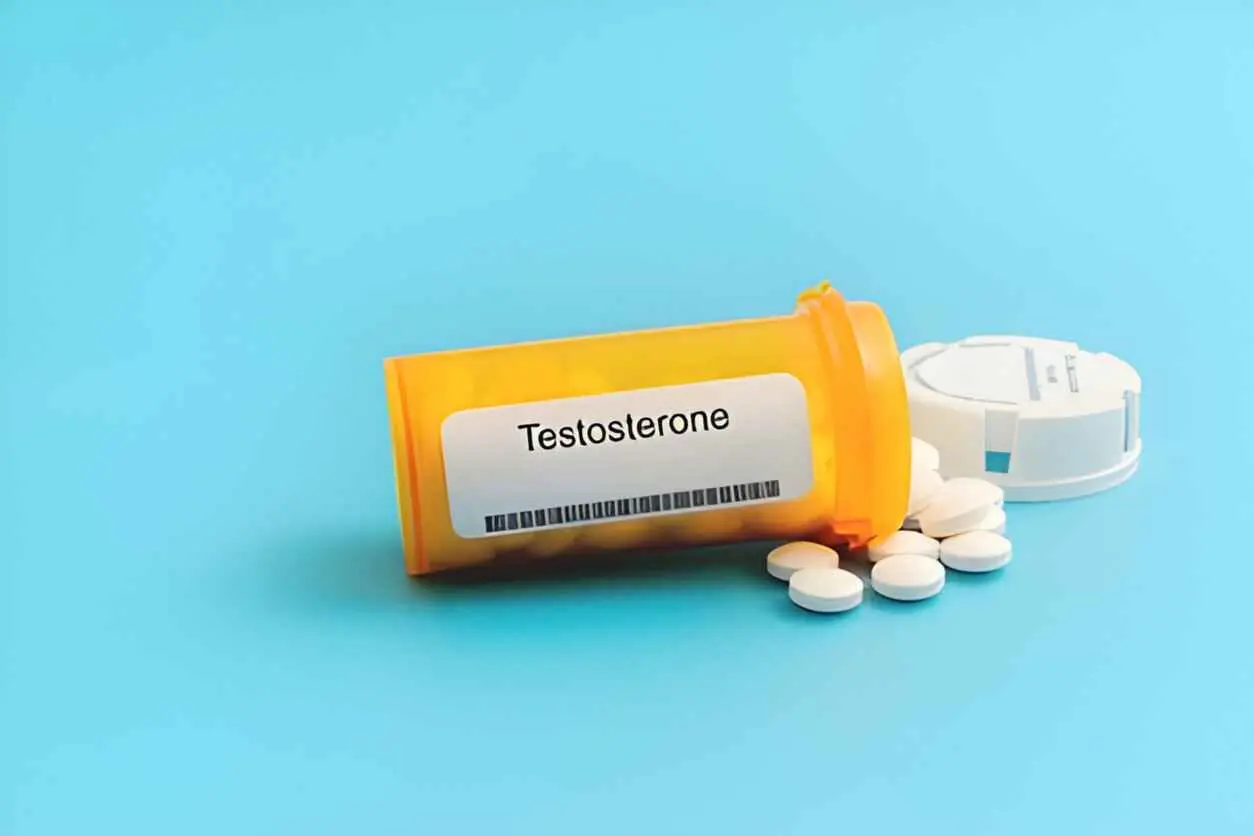
Stopping TRT: What To Expect And The Associated Risks
Stopping TRT: What To Expect And The Associated Risks
What should you expect when stopping TRT, and what are the possible risks?
Stopping TRT, or testosterone replacement therapy, can lead to a drop in hormone levels, which may cause tiredness, mood swings, low sex drive, and muscle loss. The risks of stopping TRT include long-term hormone imbalance, infertility, and emotional changes, especially if stopped suddenly without medical support. A slow, doctor-guided plan to stop TRT is the safest way to reduce side effects and help your body start making its testosterone again.
Testosterone Replacement Therapy, also called TRT, is a treatment some men use when their bodies do not make enough testosterone. Testosterone is a hormone that helps with aspects such as energy, muscle growth, mood, and sex drive. TRT is often given through injections, gels, or patches. It can help people feel more active, focused, and healthy.
But some people may want or need to stop TRT. This could be because of side effects, health worries, trouble having children, or because they simply no longer want the treatment. In some cases, doctors might recommend stopping if it is no longer safe or needed.
Stopping TRT is not as simple as just quitting. Your body gets used to the extra testosterone, and stopping suddenly can cause problems. These can include feeling very tired, sad, or weak. Some people also notice weight gain or a drop in sex drive.
In this blog, we will explain what happens when you stop TRT. We will look at the risks of stopping quickly, how to stop safely with medical help, and how your body may recover over time. We will also talk about how stopping TRT can affect your mood, your muscles, and your fertility in the future.
By the end, you will have a better idea of what to expect and how to stay healthy if you decide to stop TRT.
Risks of Stopping Suddenly and Why It Is Better to Go Slowly
If you stop taking Testosterone Replacement Therapy (TRT) all at once, your body might not react well. It is usually safer and easier to stop slowly with help from a doctor.
Why Stopping Quickly Can Be a Problem
When you stop TRT suddenly, your body may feel shocked. This is because it was getting used to the extra testosterone from the treatment. Your own body might not make enough straight away.
Here are some things that can happen if you stop too quickly:
- You may feel exhausted all the time
- Your muscles might get smaller and weaker
- You could gain weight
- You may feel sad or grumpy
- You might lose interest in sex
- You may have trouble sleeping
- Your bones could get weaker over time
Some people who stop TRT suddenly feel so bad that they want to go back on the treatment right away. Others may find it hard to have children because TRT can prevent the body from making sperm.
Why Stopping Slowly Is Safer
It is better to lower the amount of TRT step by step. This helps your body have time to start making its testosterone again. Doctors call this tapering.
Your doctor might also give you other medicines to help your body recover. These medicines can help your brain and body work together to make testosterone on their own. One example is a medicine called Clomid. Another is called hCG. These can also help protect your ability to have children.
Watching Your Health During This Time
It is essential to visit your doctor while you are stopping TRT. They can check your hormone levels with blood tests and help you feel better during the process. You should also look after your health by eating well, exercising, and getting enough sleep.
What Happens If You Stop TRT Quickly vs Slowly
|
What Could Happen |
Stopping Quickly |
Stopping Slowly |
|
Testosterone levels |
Drop very fast |
Drop slowly and safely |
|
Tiredness |
Very strong |
Not as bad |
|
Muscle loss |
More likely |
Less likely |
|
Mood problems |
Can feel very sad or angry |
Milder mood changes |
|
Fertility |
May not come back for a long time |
More likely to recover |
|
Bone and heart health |
At risk |
Easier to protect |
Getting Better After Stopping TRT
When you stop taking Testosterone Replacement Therapy (TRT), your body needs time to return to its normal levels. This does not happen right away. Some people feel better in a few weeks, but others may take many months.
How Long Does It Take to Feel Normal Again?
Everyone is different. How quickly you recover depends on things like:
- Your age
- How long were you taking TRT
- How healthy are you
Some men feel better in one or two months. Others may need six months or even a year to feel normal again. In rare cases, it might take more than a year.
Your doctor can do blood tests to check how much testosterone your body is making. These tests help the doctor know if your body is getting better.
How to Stay Healthy While You Recover
While your body is healing, you can do a few simple things to help yourself feel better:
- Eat healthy food like fruit, vegetables, meat, eggs, and whole grains
- Do exercise like walking, lifting weights, or playing sports
- Try to sleep well every night
- Stay calm and avoid stress
- Do not smoke or drink too much alcohol
Doing these things can help your body make its testosterone again. They also help your heart, brain, and bones stay strong.
Can You Still Have Children?
TRT can make it harder to have children. This is because it can stop your body from producing sperm. If you stop TRT and want to have children, talk to your doctor.
Some medicines, like hCG or Clomid, can help your body start making sperm again. If you want children in the future, you can also freeze your sperm before beginning TRT. Your doctor can help you choose the best plan.
Doctor’s Advice and Safe Use of TRT
Testosterone Replacement Therapy, or TRT, can help some men feel better. But it is not for everyone. Before you start or stop TRT, it is crucial to talk to your doctor.
Work With Your Doctor to Make the Right Choice
Your doctor should always check your health before giving you TRT. They should ask you about your symptoms and do blood tests to see if your testosterone is low. TRT should only be used if your body needs it.
If you are already using TRT and want to stop, do not do it on your own. Your doctor can help you stop safely. They may lower your dose slowly and give you other medicine to help your body start making testosterone again.
You and your doctor should talk about what is best for you. This is called shared decision-making. It means you work as a team to choose the safest plan.
Other Ways to Help Testosterone Levels
There are some natural ways to help your body make more testosterone without using TRT. These include:
- Eating healthy meals with lots of fruit, vegetables, and protein
- Doing regular exercise, especially lifting weights or playing
- Getting enough sleep every
- Staying calm and finding ways to
- Keeping a healthy
Some medicines like enclomiphene or hCG can help your body make its testosterone. These are not the same as TRT and may be a better choice for some people. Your doctor can explain if these are right for you.
Be Careful With TRT
Some people use TRT without consulting a medical professional. This can be very unsafe. Too much testosterone can hurt your heart, liver, or prostate. It can also make it hard to have children in the future.
Always talk to a proper doctor. Do not trust online shops or people who sell TRT without tests. Your health and safety should always come first.
How to Stop TRT Step by Step
If you want to stop taking Testosterone Replacement Therapy, or TRT, it is crucial to do it the right way. Stopping too fast can make you feel tired, sad, or sick. Your doctor can help you stop safely by following a step-by-step plan.
Here is how it is usually done:
Step 1: Talk to Your Doctor
Do not stop TRT on your own. The first thing to do is speak with your doctor. They will ask about how you feel and check your blood to see your hormone levels. Then they can help you make a safe plan.
Step 2: Lower the Dose Slowly
Your doctor may slowly lower the amount of testosterone you take. This gives your body time to start making its testosterone again. It is much safer than stopping all at once.
Step 3: Take Other Medicines if Needed
Some people may need help getting their natural testosterone working again. Your doctor might give you medicines like:
- Clomid, which helps the brain send signals to make testosterone
- HCG, which helps the testicles start working again
These can also help protect your ability to have children in the future.
Step 4: Get Regular Blood Tests
As you lower the TRT dose, your doctor will check your blood to monitor your body's response. They may look at:
- Testosterone levels
- Oestrogen levels
- Red blood cell count
- Prostate health
- Bone strength
These tests help make sure your body is recovering well.
Step 5: Stay Healthy with Good Habits
To help your body recover, try to live a healthy lifestyle. This means:
- Eating well with lots of fresh food
- Getting plenty of sleep each night
- Doing regular exercise
- Staying calm and avoiding stress
- Not smoking or drinking too much alcohol
Looking after your body will make the process easier and help you feel better faster.
Withdrawal Symptoms
Withdrawal symptoms are one of the first things you'll experience when stopping TRT. These happen because your body's hormone levels change as you adjust to lower testosterone levels.
This will cause various symptoms, affecting your physical and mental health. If you're not ready for this, it can be very uncomfortable. Many people find the withdrawal effects so severe that they go back on the medication.
Managing your diet and exercise can help during this period. These can naturally boost your testosterone levels. While it will still be challenging, it can make the symptoms easier to handle. It's essential to communicate with your family and friends about discontinuing TRT so they can comprehend your emotional shifts.
Duration Of Side Effects After Stopping TRT
The good news is that these effects won't last forever. You will usually start to feel the impact of stopping TRT within two to three days. How long the side effects last depends on your use of TRT. For some, it will be a few weeks, but for longer-term users, it can take months. Sometimes, it can take up to 18 months for your testosterone levels to return to normal. Before quitting, it's advisable to consult with a doctor for a more precise estimation.
Frequently Asked Questions
Can I stop testosterone replacement therapy suddenly?
Stopping testosterone replacement therapy suddenly is not safe for most people. Your body may struggle to make its testosterone again right away, which can cause tiredness, mood swings, and low energy levels. It is better to stop TRT with a slow plan under your doctor's supervision.
What happens to your body when you stop TRT?
When you stop TRT, your testosterone levels drop, and you may feel more tired, lose muscle, gain weight, or have a low sex drive. These effects are more common if you stop too quickly without medical help. A slow and safe TRT withdrawal plan is the best way to avoid side effects.
How long does it take to recover after stopping TRT?
Recovery time after stopping testosterone therapy can take a few months or even over a year, depending on your age, health, and how long you were on TRT. Your doctor can track your hormone levels and help your body recover naturally. Staying healthy during this time is very important.
Can stopping TRT affect my fertility?
Yes, stopping TRT can affect male fertility, especially if your sperm count was already low. Testosterone therapy can reduce sperm production, but your doctor might give you medicines like hCG or Clomid to help your body make sperm again after TRT. Always ask about fertility before starting or stopping TRT.
Is there a safe way to come off testosterone therapy?
Yes, the safest way to stop testosterone therapy is to lower the dose slowly under a doctor’s care. This helps your body start making its testosterone again and lowers the risk of low mood, low energy, and other symptoms of testosterone withdrawal. Avoid quitting TRT suddenly without support.
Can lifestyle changes help after stopping TRT?
Yes, lifestyle changes can support testosterone recovery after TRT. Eating healthy foods, exercising often, sleeping well, and avoiding stress can all help your body make more testosterone naturally. These habits also help reduce long-term TRT withdrawal symptoms and support your overall health.
Will I lose muscle after stopping testosterone therapy?
You might lose some muscle after stopping TRT, especially if you stop quickly and do not exercise. Strength training and eating enough protein can help keep your muscles strong during TRT recovery. Speak to your doctor about a plan to stay fit and healthy after stopping testosterone.
Can stopping TRT cause depression or anxiety?
Yes, stopping TRT can sometimes lead to depression or anxiety, especially if testosterone levels drop too quickly. Your mood may change because testosterone helps with mental health and brain function. A slow testosterone tapering plan and support from your doctor can help avoid these problems.
Conclusion
Stopping TRT can present difficulties. Stopping the medication can lead to withdrawal symptoms impacting both your mental and physical health. Because of this, it's essential to talk to a doctor before you start TRT. After stopping the medication, have a consultation with a hormone specialist to help manage the process. We're here to support you if you need help stopping testosterone replacement therapy or have any questions about the process. Our team is ready to provide guidance and answer any concerns. Feel free to reach out for assistance.


